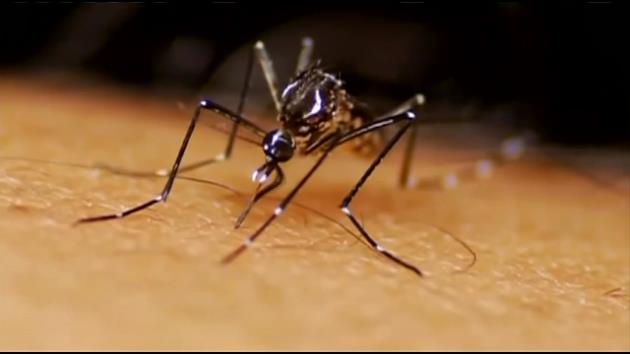NEW YORK (AP) — Dozens or hundreds of babies in Puerto Rico could develop severe birth defects because of Zika, based on how an outbreak is playing out there, a top U.S. health official said Friday.
The island territory has been screening blood donations for the virus since April. Last month’s results suggest there’s been a rapid increase in infections, and officials expect cases to increase through the summer.
“In the coming months, it’s possible that thousands of pregnant women in Puerto Rico could become infected,” said Dr. Tom Frieden, director of the U.S. Centers for Disease Control and Prevention.
According to a CDC calculation, that could lead to dozens or hundreds of infants being born in the coming years with microcephaly, a severe birth defect in which a baby’s skull is much smaller than expected because the brain hasn’t developed properly. Other infants may develop other, more subtle birth defects as well, Frieden said.
The Zika virus — spread mainly by a tropical mosquito — causes only a mild illness, at worst, in most people. But infection during pregnancy can cause fetal deaths and potentially devastating birth defects.
Puerto Rico is part of a Zika epidemic that has been sweeping through Latin America and the Caribbean. The U.S. territory has more than 1,700 cases, including 191 in pregnant women. Last month, Puerto Rican health officials reported their first case of Zika-linked microcephaly.
Since April, blood donations in Puerto Rico have been checked for the Zika virus. Donations that test positive are pulled from the blood supply and there have been no reports of Zika infection in U.S. states or territories through blood transfusion.
The same mosquito spreading the virus in Puerto Rico is found in the southern part of the U.S. There’s no evidence bugs have been spreading the virus in the mainland yet. All the cases reported in the U.S. have been connected to travel to outbreak areas.
___
AP writer Danica Cota in San Juan, Puerto Rico, contributed to this report.
___
Online:
CDC report: http://www.cdc.gov/mmwr/index.html
Copyright 2024 The Associated Press. All rights reserved. This material may not be published, broadcast, rewritten or redistributed.

